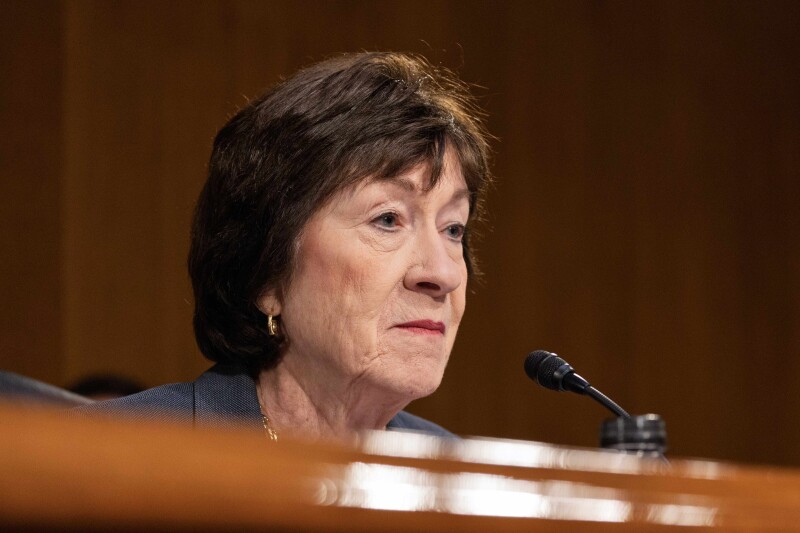Maine’s lobstermen and commercial fishermen are bracing for economic fallout as President Donald Trump moves forward with tariffs on Canadian imports, a decision that has sparked bipartisan opposition in the Senate. While the broader economic implications are still unfolding, many in the industry fear that the direct impact on trade and pricing will be substantial.
Senator Susan Collins (R-Maine) was among those who voted in favor of Democratic-led resolutions aimed at nullifying President Trump’s emergency declaration, which justified the tariffs. Speaking on the Senate floor, Collins highlighted how deeply integrated Maine’s economy is with Canada and the potential harm these tariffs could cause.
“From home heating oil, gasoline, jet fuel, and other refined petroleum products, to Maine’s paper mills, forest products businesses, agricultural producers, and lobstermen, the tariffs on Canada would be detrimental to many Maine familiar and our local economies,” Collins stated, as reported by WMTW.
Maine’s lobster industry has long relied on Canada for processing and distribution, with a significant portion of the catch sent across the border for processing before being re-exported to international markets. Tariffs on Canadian goods could disrupt this supply chain, lowering the prices lobstermen receive for their catch and making an already challenging industry even more precarious.
Senator Angus King (I-Maine) also voted for the solution, emphasizing that Canada is not only a key trading partner but also a close ally. “The partnership between our two nations supports countless industries, creates millions of jobs, and helps ensure our shared economic successes,” King said in a statement following the vote.
The broader justification for the tariffs, according to Trump, is Canada's alleged failure to curb fentanyl trafficking into the United States. However, critics, including Collins, have pointed out that the vast majority of fentanyl entering the country comes through the southern border, not from Canada. Customs and Border Protection data shows that less than 1 percent of fentanyl seizures in the fiscal year 2024 occurred at the northern border.
Trump's push for tariffs has been met with resistance not only from Maine lawmakers but also from key Republican Senators, including Mitch McConnell (R-Ky.), Lisa Murkowski (R-Alaska), and Rand Paul (R-Ky.), all of whom voted against the solution to block the move. However, despite Senate approval, the resolution faces an uphill battle in the Republican-controlled House.
For Maine lobstermen, the uncertainty surrounding trade policy adds to another layer of financial strain. Rising fuel costs, regulatory challenges, and shifting market dynamics have already made the industry more difficult to navigate. With the added threat of tariffs, fishermen worry that their livelihoods could be further compromised. As Maine’s congressional delegation continues to fight against tariffs, the state’s fishing community remains watchful and waiting, hoping that relief will arrive before economic turmoil.







